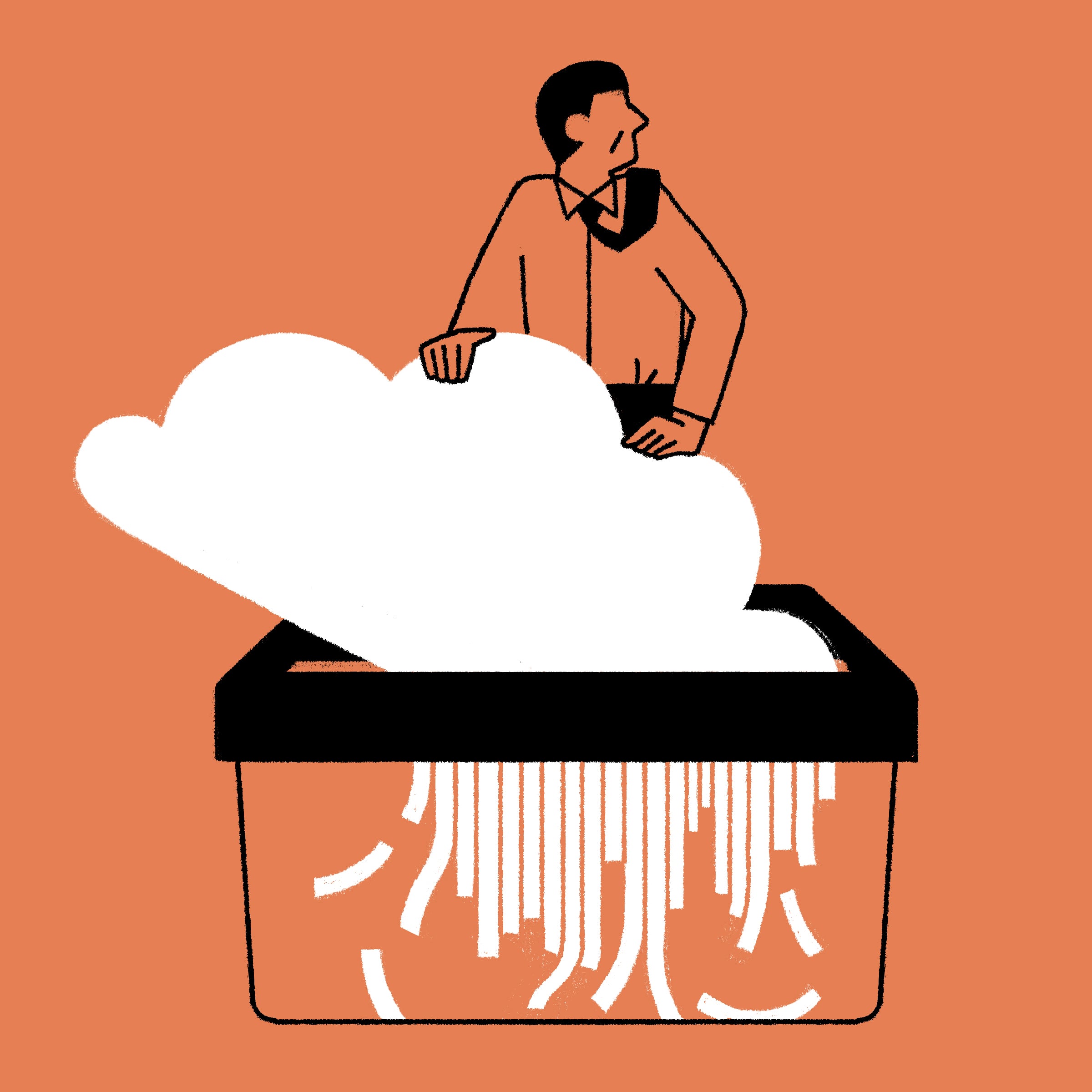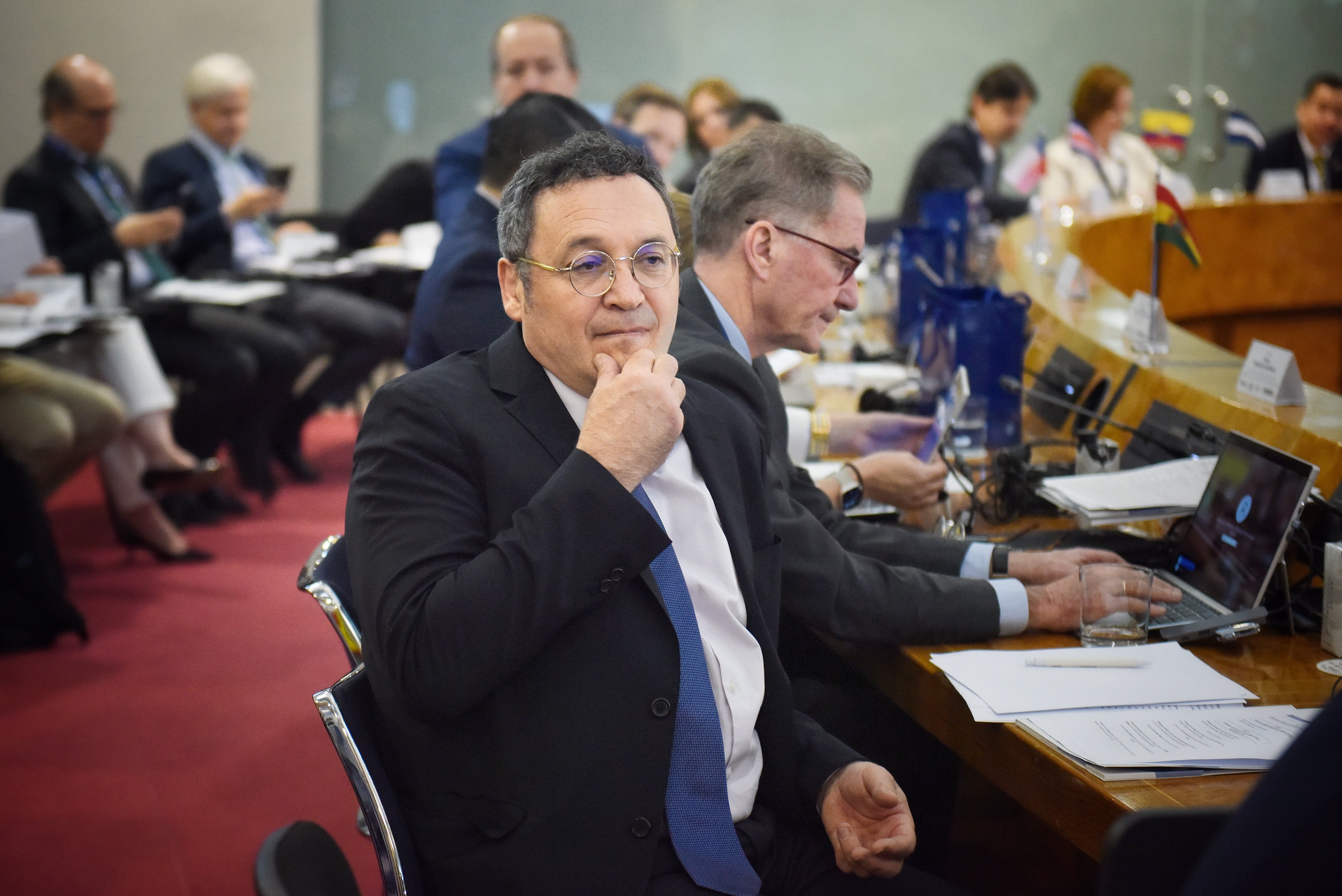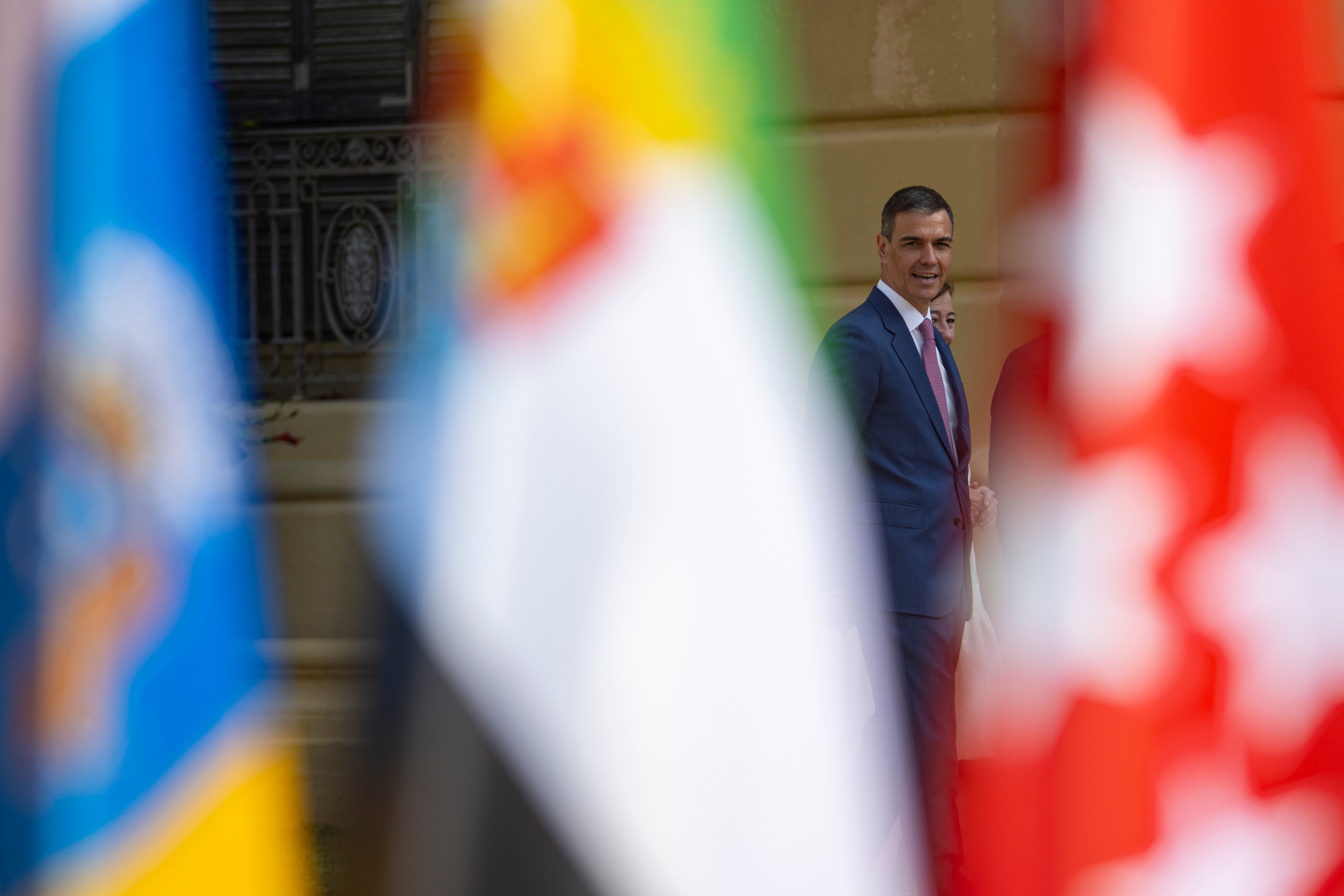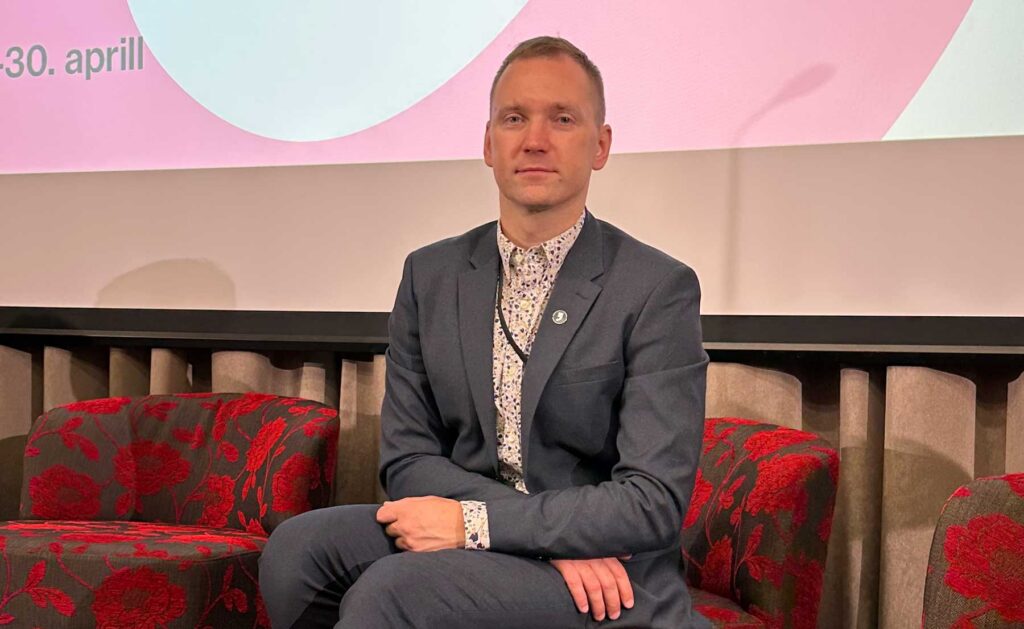The elevator as a life center: a legal reform will open the door of « La Libertad » to move | Spain
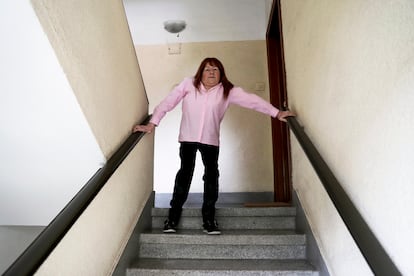
Two young people, according to their sportswear and mountain footwear, ascend to Mount Arraiz in Bilbao. They do it for Uretamendi, a neighborhood located on the skirts of this elevation of 345 meters. Tomi Sánchez contemplates with melancholy this scene from the window of his living room: « This is where I look out to take the air a bit. » It takes from New Year’s Eve without leaving homeexcept for a visit to the doctor and a funeral at the beginning of the month. And thanks to its sister -in -law, which picks it up in the portal.
This 70 -year -old woman suffered a little birth. He received the « afternoon » vaccine and, after being admitted to a sanatorium when he was a child, the paralysis progressively affected several parts of his body. Now he moves with difficulty through his home and on the street, he goes up to an electric wheelchair that keeps in a storage room 200 meters from its portal. « I would like to keep it at home, but I can’t, » he laments. Its building, in one of the highest areas of Bilbao, has no elevator. She lives on a fifth floor.
Sánchez waits The reform of the laws of dependence and disabilitywhich contemplates making the works of accessibility in housing buildings where people with disabilities reside. After its approval in the Council of Ministers in February, the public exhibition period of the draft to which several associations have already submitted allegations has just been closed.
In the case of this neighboring Bilbao, these changes are late. His claim began a decade ago, when he began to raise The need for an elevator since in the same block he lives a 93 -year -old old woman and another person with sclerosis. « Finally, the entire neighborhood supports this work, » he congratulates himself, although he clarifies: « Before everyone also wanted it; the problem was the money that cost. » Now, the battle is with the technicians of the City of Bilbao. « The municipal architect argues that, as we share the backyard with two other portals, all buildings should have the same elevator. But each portal has a different structure, so it is a nonsense, » he values.
Each exit, a challenge
Two streets above Live Graciano García, 49. For 13 suffer recurrent multiple sclerosis. His home is on a second floor, but to access the portal he has to climb fifty steps. « It’s a complicated situation for me, because I tremble a lot to move, » he explains on the phone. Sometimes, seasons pass at their parents’ house, for « fear of not being able to react » in case you have any domestic accident.
He has adapted his home with railings in the hall and a shower plate. However, what worries Garcia most is having to leave his house as his illness progresses: « My block does not have an elevator and makes each exit for me a challenge. » In their community of owners they are « fighting » to install one. « We have already presented all the necessary permits to the City Council, starting with the neighbor of the last floor. However, with the church we have encountered. » Literally, because in the bass of its building there is a parish.
« For the installation of the elevator, one more centimeter is necessary in the pit, which would correspond to its premises, but the pastor has not yet given us the permits. It is frustrating because the entire community agrees that we need that elevator, » he complains. Bilbaine diocese sources say that the parish is in conversations with the architect so that « the future elevator may be compatible with the use of the premises. »
The situations of these two neighbors in Bilbao are not exceptional. In Euskadi, some 10,000 families need to change housing for accessibility problems, according to the latest families and homes survey prepared by the Basque Government. At the national level, 1.8 million people make use of the system for autonomy and agency (SAAD).
« Going to the street without depending on anyone means participating in social life, going to work or studying, making daily efforts and enjoying leisure on equal terms, » explains Javier Gil, director of the Coordinating Federation of people with physical and/or organic disabilities of Bizkaia (Fekoor). It is the solution to « live with dignity and develop an independent life project. »
« Liberty with capital letters » still You have to overcome the parliamentary procedure. If it achieves it, the majority of votes necessary in the communities of owners would be eliminated to install ramps, elevators or savings chairs as long as there are people with reduced mobility. The reform goes even further: for example, if any neighbor suffers an auditory disability, you can ask for the installation of a videoporter.
At the moment, the draft is studying the improvements of improvement that Basque and national entities have worked. « We see that there is a line of sufficient aid by governments to finance accessibility works in residential buildings and community spaces, » Gil proposes.
Currently, universal accessibility is considered only an inspiring principle of the norm, that is, a guide to act, but without mandatory. « The Horizontal Property Law requires a majority at the Board of Owners to approve this type of works. If it is not achieved, the affected person could completely pay them, something generally unassumable. Only if the expense is less than 12 monthly payments of the community, it must pay it, » explains this representative of 19 associations and 10,000 people registered.
With the proposed reform, it would become a subjective right and an obligation to communities, allowing people with disabilities to legally demand it and resort to justice if it is not fulfilled.
Sánchez is clear about what his building has an elevator. Excited, says one of the photographs he has in his room where he appears with another person: « Now I can barely see my partner, since he has Duchenne’s muscular dystrophy. He lives in Barakaldo (Bizkaia, 100,000 inhabitants) and to be able to stay, we depend on someone accompanying us. »

